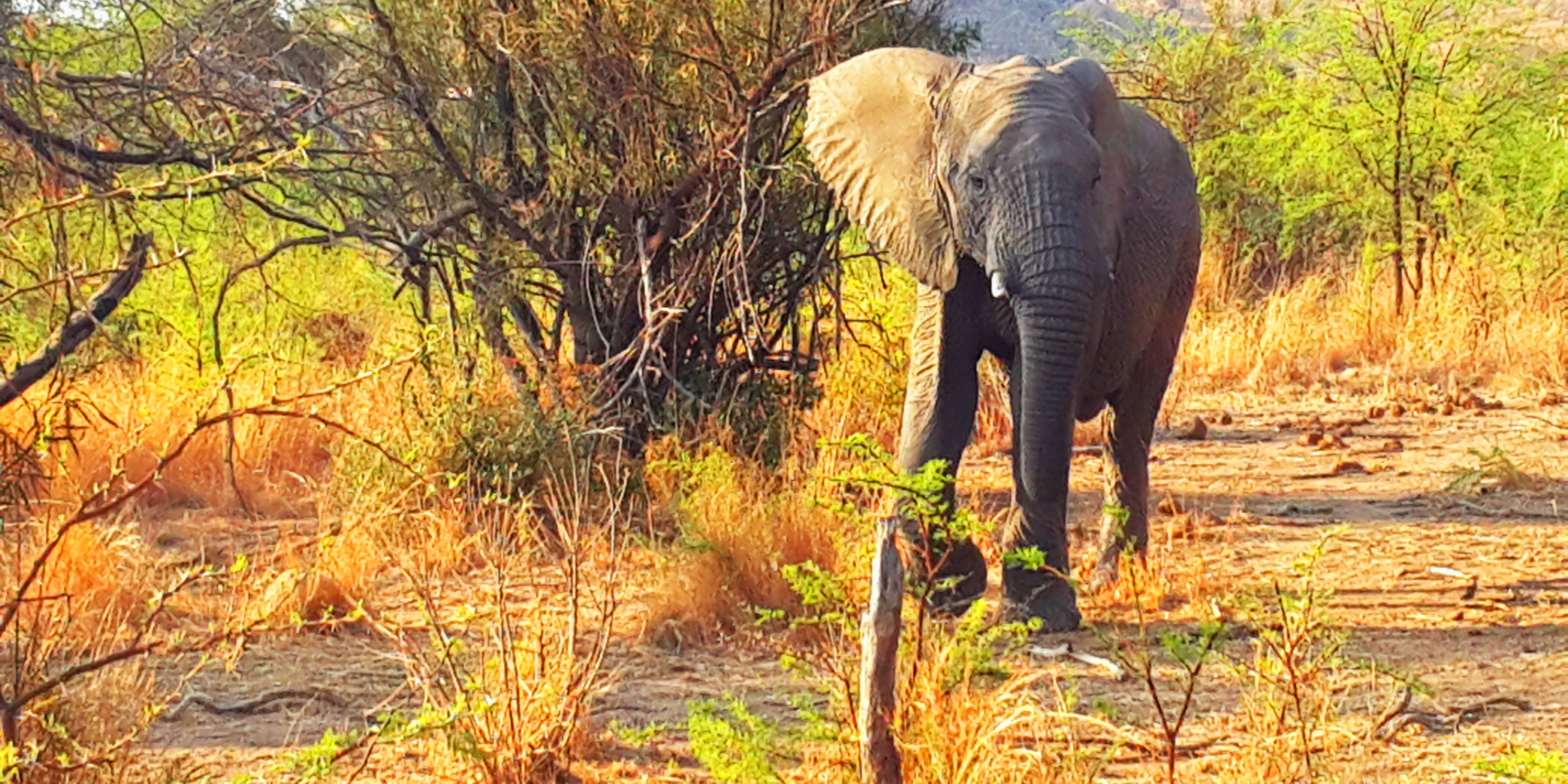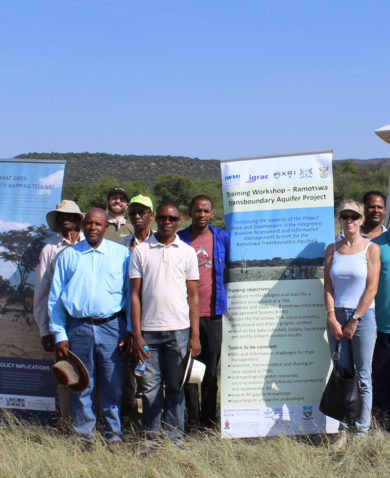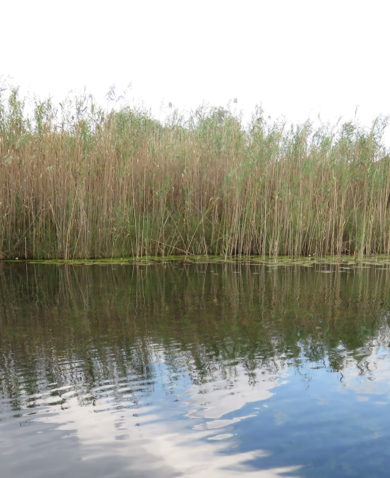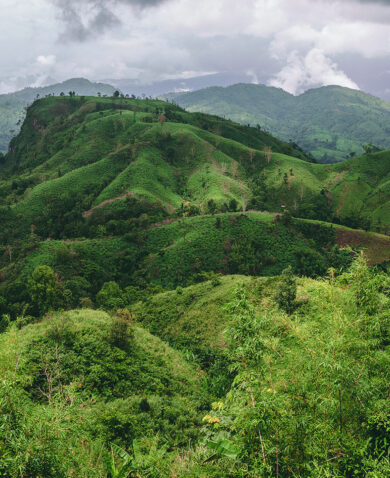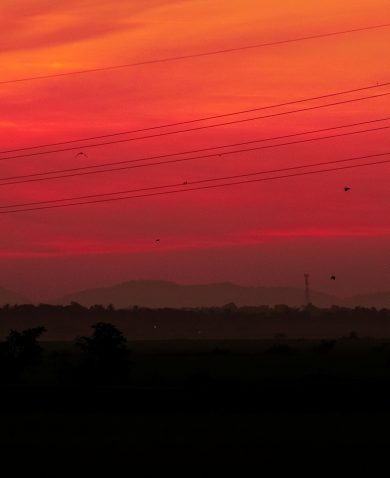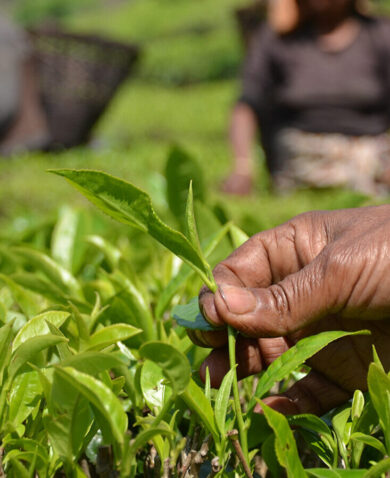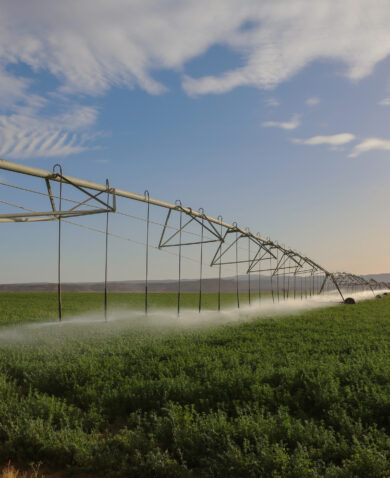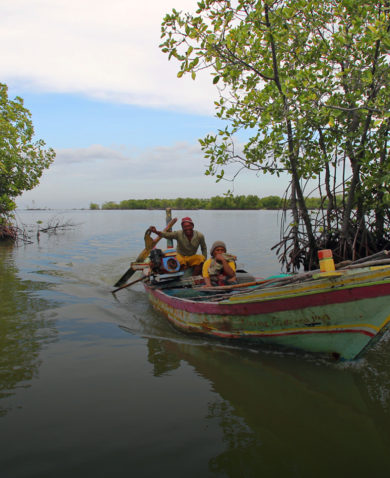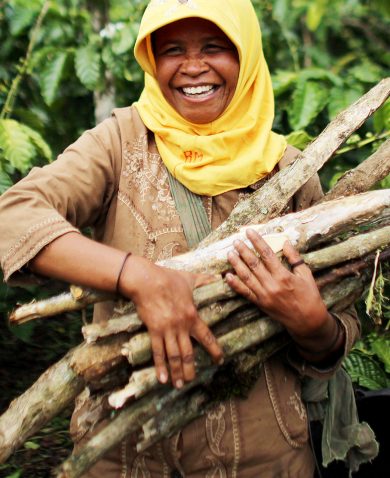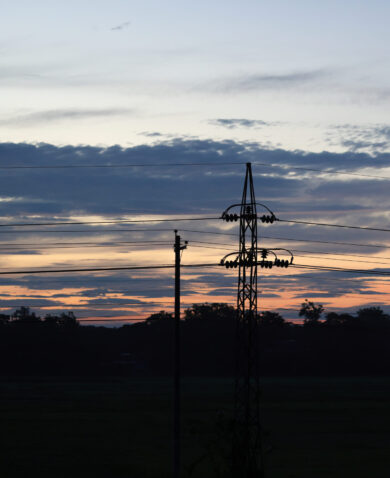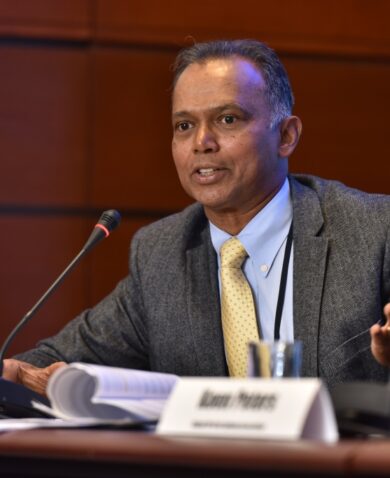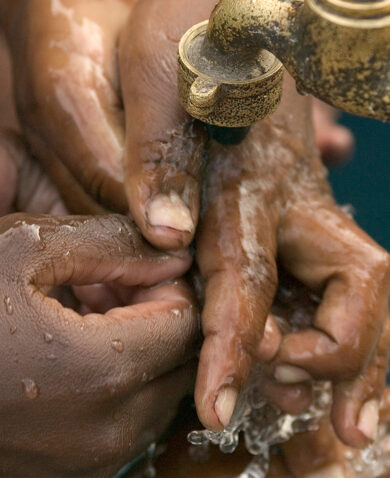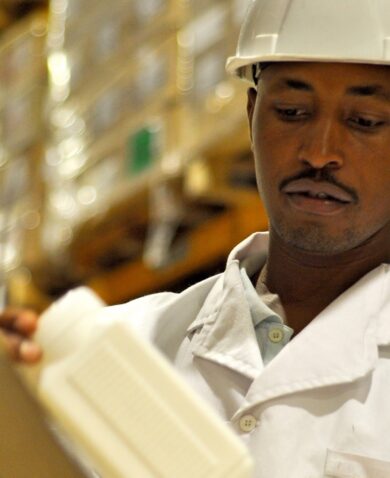Resilience in the Limpopo Basin Program
The Limpopo River Basin supports large urban populations and the industrial heart of southern Africa. Social and commercial demands for already over-allocated water resources, however, make it difficult for the countries surrounding the basin to manage the shared water supply. Climate change has made the water supply increasingly variable, worsening the situation. The USAID Resilience in the Limpopo Basin Program (RESILIM) worked with Botswana, Mozambique, South Africa, and Zimbabwe to improve how these countries manage the water supply. The project aimed to equitably address the economic, environmental, and social needs of each country so the region becomes more stable and resilient. RESILIM spearheaded significant investments in helping people and communities pursue climate-friendly livelihoods and build stronger systems for natural resource management. In addition, the project made foundational contributions to the scientific evidence base essential to effective management of water and biodiversity in the Basin.

